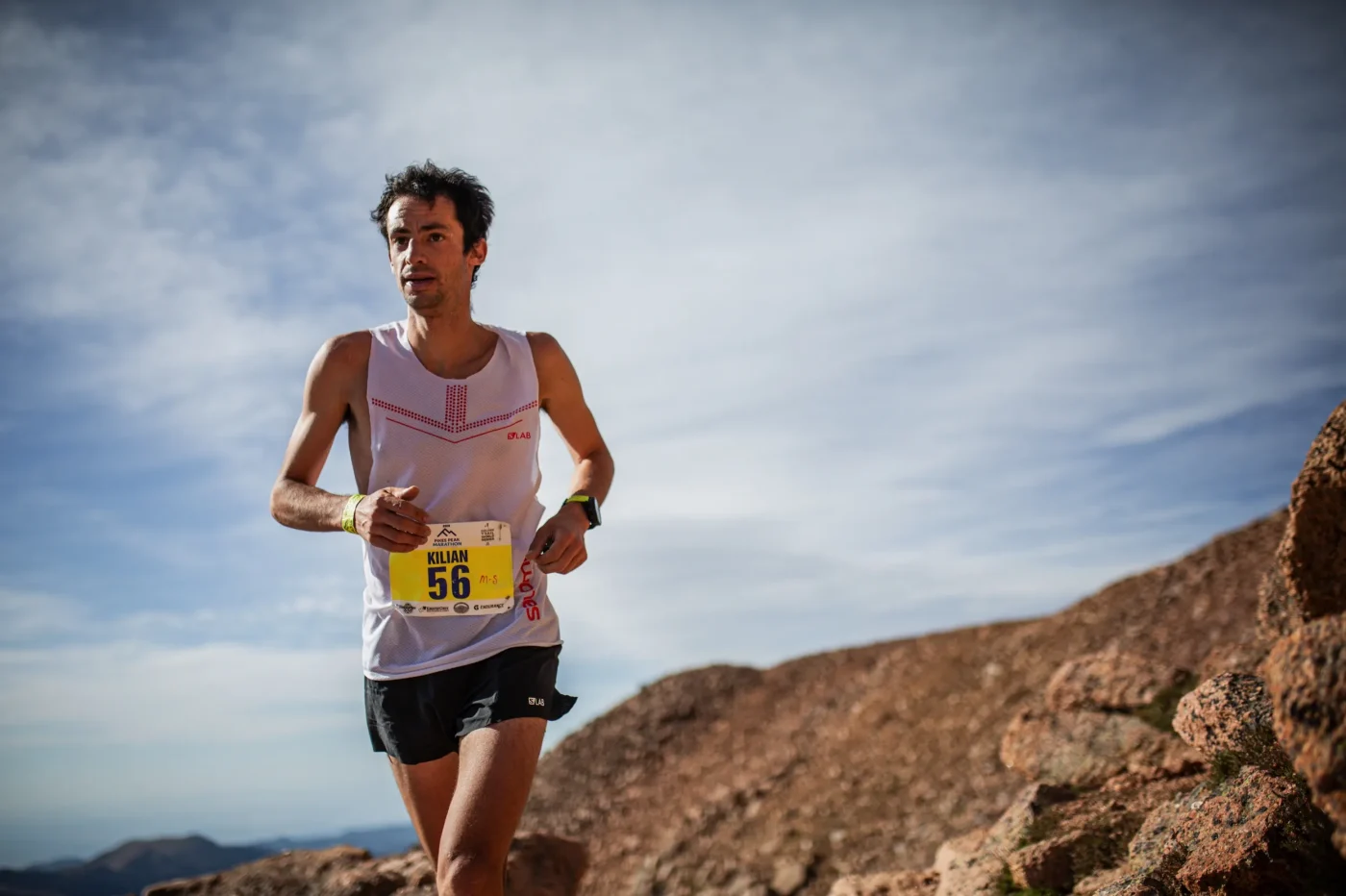
Kilian Jornet, the extraordinary Spanish ultra-athlete, recently completed his monumental States of Elevation project, an extraordinary 31-day expedition that involved summiting most of the 14,000-foot (4,267 m) peaks in the American West and connecting them all by bicycle. The expedition accumulated an immense total distance of 5,154 kilometers over approximately 490 hours of movement time. Central to Jornet’s ability to sustain this extreme effort was his unique approach to nutrition, which included the use of olive oil.
The journey began in Colorado, with long bike transfers into the mountains of California, and concluded with the summit of Mount Rainier in Washington State. The cycling leg alone covered approximately 4,200 kilometers—more than the men’s Tour de France—at an average speed of 22.5 kph across paved roads and significant sections of gravel roads.
Jornet’s daily caloric expenditure during the project was immense, amounting to about 9,000 calories per day. To meet this extreme energy demand, his fueling strategy relied heavily on real food rather than constant sports nutrition products. When asked about his viral photos of himself filling bottles with oil, Jornet clarified the role of olive oil and coconut oil.
He explained that “olive oil and coconut oil have higher caloric density.” His choice to add a little olive oil or coconut oil to his water was a simple and pragmatic way to efficiently increase his total caloric intake. Instead of eating a gel every 20-30 minutes as he would in a race, Jornet consumed only about five gels a day, primarily on very long days or specific climbs. This strategy of consuming real food, complemented by the high-density calories of olive oil, allowed him to keep his inflammation low and space out his meals, giving his stomach time to recover.
Jornet emphasized that the soul of the project lay in the “wildlife, different terrain, higher altitudes, and longer distances between mountain ranges.” Having completed the route, he found the diversity of landscapes—from the high plateaus and deserts of Colorado to the alpine terrain of California and the forests of the Pacific Northwest—to be even more profound than anticipated.
The scale of the American West was felt most acutely during the cycling stages, particularly on the multi-day bike journey from Colorado to California. Jornet rode about 50% of the route on gravel, enjoying sections of the Colorado Trail and dirt roads between Durango and Flagstaff. He was accompanied for about half the route by other athletes like Lael Wilcox, finding that riding with locals deepened his connection to the landscapes they showed him.
Despite being hampered by unexpected weather, including rainstorms in Colorado and snowstorms and rain in California, Jornet completed his immense task. The project gave him a unique perspective on access to nature in the U.S., where he was struck by the amount of private property and “No Trespassing” signs compared to the “Right to Roam” in Europe. He underscored the importance of keeping the remaining great wild and pristine spaces public so that humans can connect with nature.
Finally, Jornet concluded that he “really liked” the cycling aspect, especially gravel riding, and plans to incorporate cycling more into future long trips, having covered a distance equivalent to more than 25 marathons on a bike alone, all while being sustained by the simple, calorically dense power of olive oil.
Important Note: aceitedelcampo.com promotes the consumption of extra virgin olive oil for its culinary qualities and health benefits. However, no medication or current treatment should be replaced without the guidance of a healthcare professional.
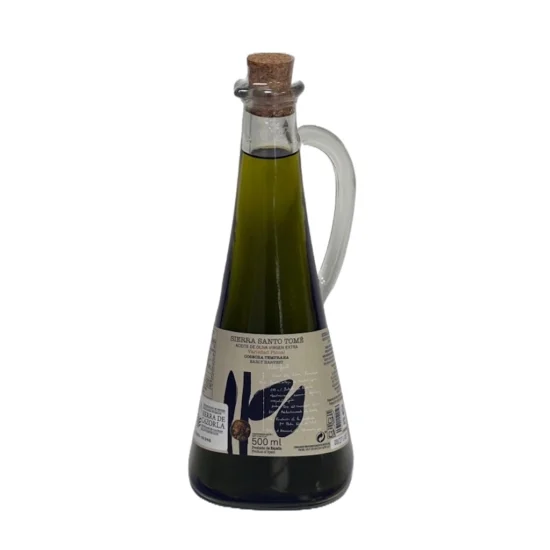
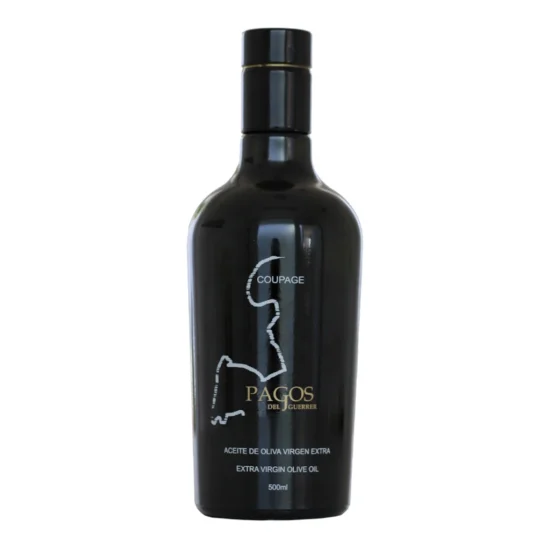
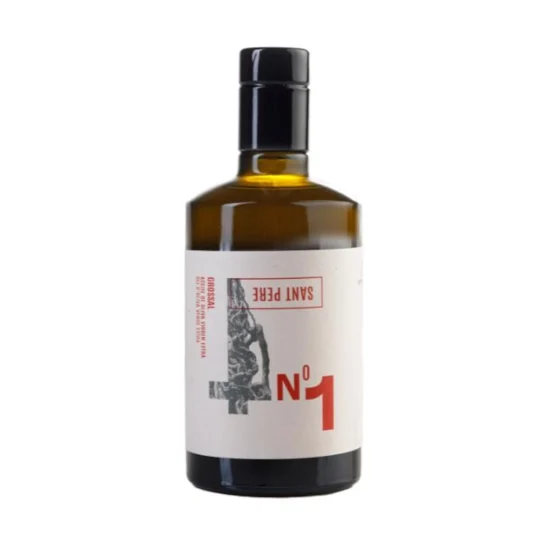
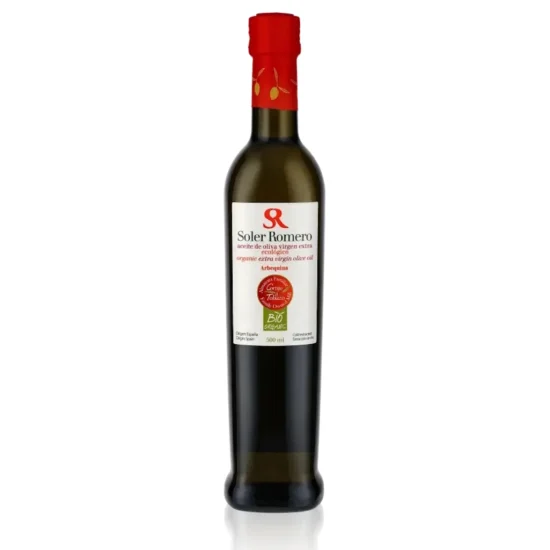
Subscribe and receive a coupon by email for your next purchase.